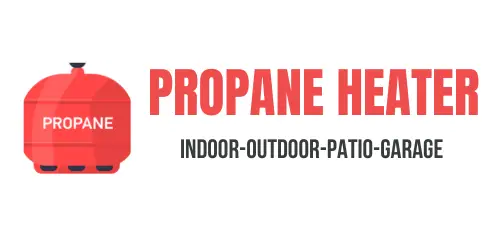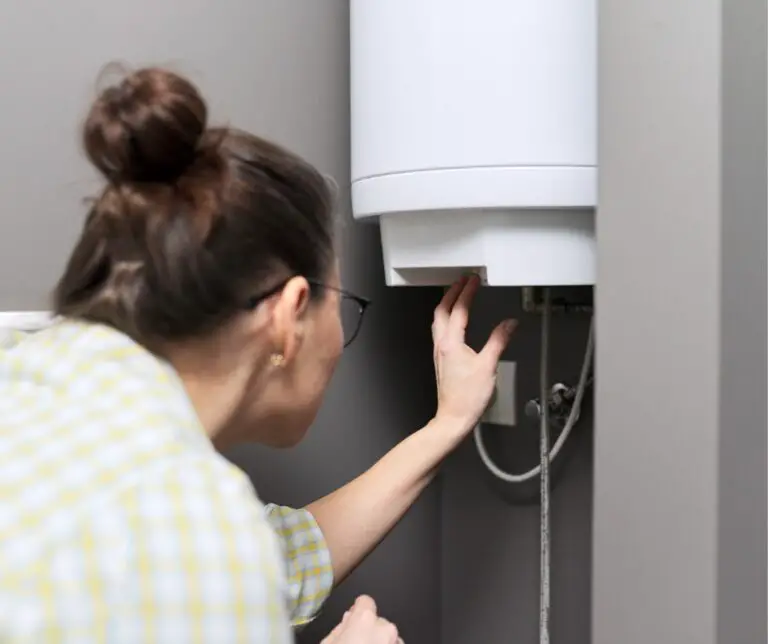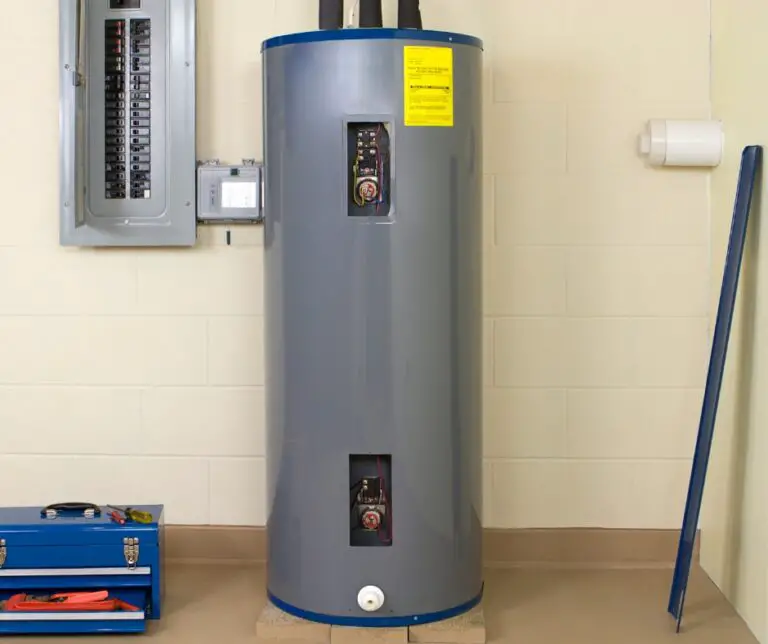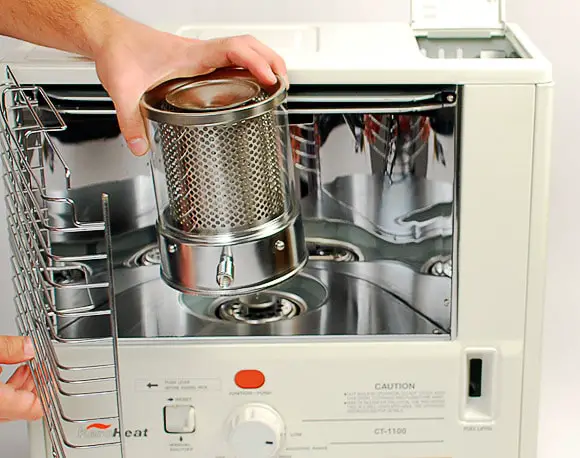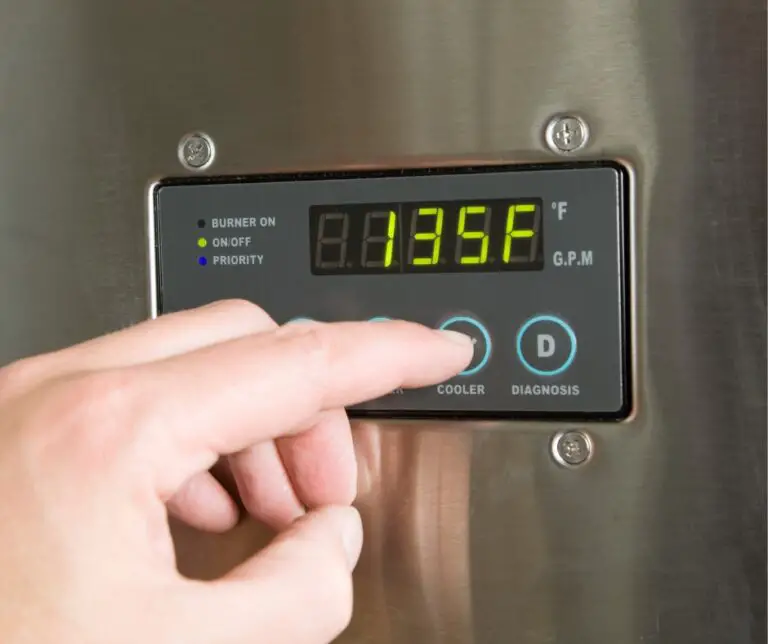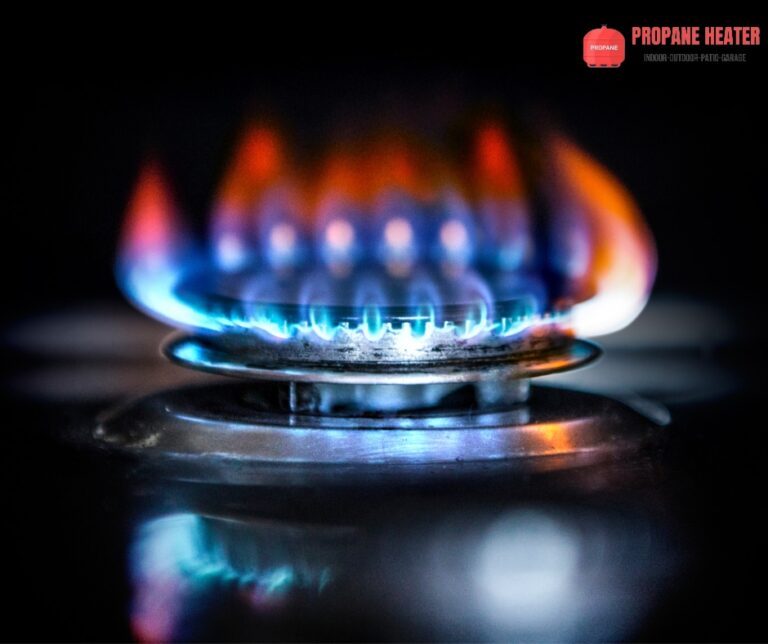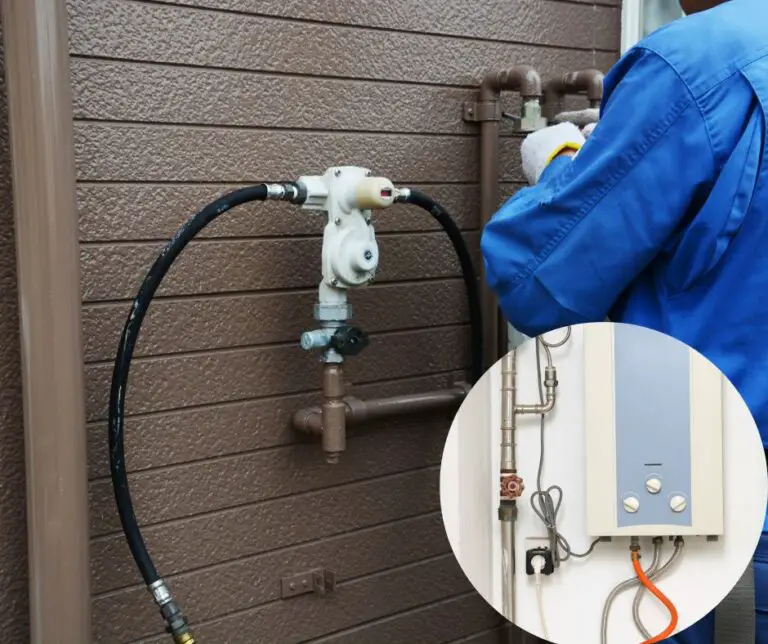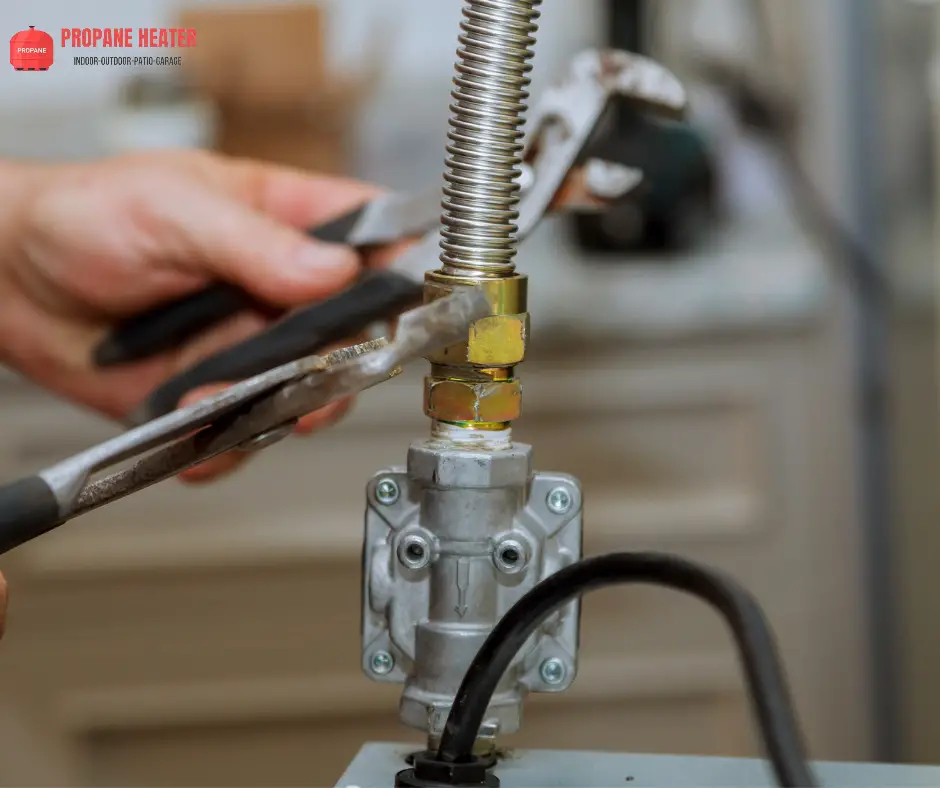
When it comes to grounding your propane gas line, there are some critical questions to ask yourself. What type of wire do I need? How far do I need to run the wire? Is there a difference between grounding and bonding? These are all excellent questions, so let’s break down what you need to know before starting this project.
Does The Propane Gas Line Need To Be Grounded When It Work Next At The Stove?
Yes, the propane gas line needs to be grounded when it works next to the stove. This is because there is always a possibility of static electricity building up when you touch something metal or another person, such as the propane tank of your gas stove. Suppose this happens, and you are next to a gas line (or any other electrical component). In that case, a spark could occur between you and the gas line, which could cause an explosion or fire.
For this not to happen, it’s best if all metals are grounded so that any static charges can be discharged before entering the system.
What Is An Electrical Bond?
An electrical bond is a wire connecting your propane gas line to your home’s grounding system. An electrical bond helps prevent dangerous shocks to you and your family and damage to your home’s appliances and electronics.
If you’re installing a new propane line or replacing one damaged, it’s essential to ensure that the gas line is bonded correctly before use. This will ensure the safety of everyone who uses the stove or appliance, including yourself.
What Is CSST?
CSST is a type of flexible, plastic pipe that is used to transport natural gas or propane. It is made from copper and plastic. CSST is more flexible than traditional steel pipes, making installing it easier in tight spaces like inside walls and underneath floors and ceilings. Because it can be bent, CSST is usable along or around floors, roofs, and inside wall cavities.
Types of Wire Used to Ground Gas Lines
The reason is many different kinds of wire will accomplish the same goal of grounding equipment and lines. With that said, always consult local codes to see what specifications may be required:
Bare copper
If you are installing a gas line to your stove and want to know the best choice of wire, bare copper is the answer. Bare copper is easy to work with because it has a low resistance and can handle high current flow. It also conducts accurately without producing heat loss, which means you won’t have any issues with overheating or fire hazards.
Additionally, because bare copper is strong enough to withstand most weather conditions, it’s one of the most robust materials available for connecting appliances indoors and outdoors.
Regarding conductivity, bare copper beats out other options like steel or aluminum due to its natural characteristics: it’s flexible, less expensive than other metals, and more environmentally friendly than some other choices. But despite all these benefits that come with using this type of material, they may be wrong in some situations.
Insulated copper wire
Insulated copper wire is used to ground a gas line and bond it. Because of its PVC or HMWPE insulation, insulated copper wire is better suited for pulling through conduit than bare wire. It also absorbs abrasion damage better and can be pulled along the gas line, making it more economical than bare copper wire.
Tinned copper
Tinned copper wire is used for low-voltage applications. The tin coating protects the wire from corrosion and oxidation, which can degrade electrical conductivity over time. Tinned copper is also ideal for grounding because it can withstand high temperatures and will not break down or become brittle with exposure to water.
Why Is Propane Gas Line Grounding Important?
When a gas piping system is grounded, it is said to be “low-resistance” and less likely to become energized. This means that if voltage levels fluctuate due to an electrical fault in the branch circuit or nearby lightning strikes, the gas line will not become energized by an imbalance in these voltages.
A stock hazard can result if these systems are energized at different potentials. When this occurs, there is a possibility of electrical shock from contact with hot equipment surfaces or conductive parts such as metal hangers and pipes inside your home. This could also cause fires or explosions near combustible materials like flammable liquids stored nearby or on your person.
Where Does A Gas Line Need To Be Grounded?
The Code requires that all aboveground piping systems, which include wells and any piping inside a building (such as in walls), be bonded to an electrode. The bonding clamp can be located at any location within the piping system.
In general, only a single point of attachment is required regardless of the length or complexity of your propane piping system. You should also consult with your local gas utility for information about grounding and bonding requirements.
What Is The Difference Between Grounding And Bonding?
Grounding and bonding are two different types of electrical connections. They serve the same essential purpose but in different ways.
Bonding is the process of connecting all the metallic parts of the system to form a single, continuous electrical path. While bonding is a conductor intentionally installed to electrically connect metallic gas piping to the grounding electrode system at one end only. It provides no path back from potentially energized parts within that system.
Grounding is the process of connecting the metallic parts of the system to the earth or a permanent grounding electrode. Grounding is a direct connection to the earth. Only the electrical distribution system is grounded; equipment like heaters and water heaters must be grounded by their means (typically with an equipment-grounded conductor).
What Size Wire Do You Need To Ground A Gas Line?
In most cases, 8/0 AWG or the equivalent size is required. The bonding conductor must not be smaller than a 6 AWG copper wire or the equivalent size if made of aluminum. The means for attaching the bonding conductor to the grounding electrode system must be in accordance with NFPA 70. The bonding conductor must be no longer than 75 feet (22,860 MM).
Conclusion
The bottom line is that it is essential to ground your propane gas line properly. The safest option is to have a licensed electrician do this for you, but if you think you can do it yourself, follow these instructions. Ensure that the ground wire goes through a metal clamp and attaches to an electrical box or other solid structure. This will ensure that there is no chance of any sparks flying around when operating your stove.

I am Richard A. Jackson man behind propane heating solution, An HVAC expert working as a team lead of the heating department, Provide services all over the USA (around all major cities), and from planning to implementation, you will get all your solution here. We provide various tanks (propane and other natural gases) and deal with disposable waste.
